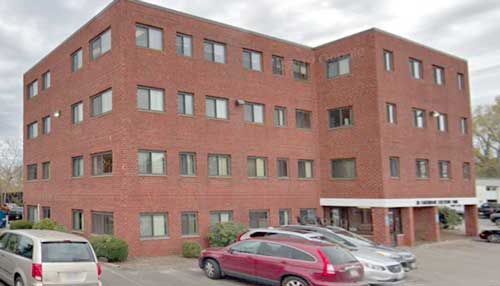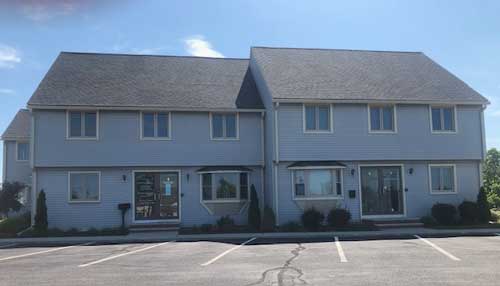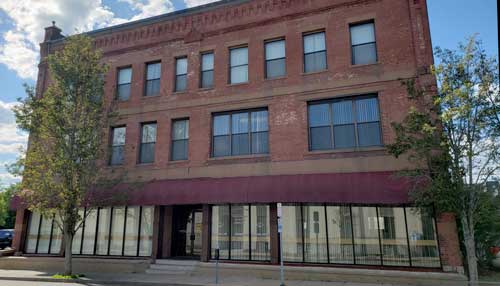
What is the difference between District Court and Superior Court?
What is District Court?
District Court in Massachusetts handles a wide range of cases, including:
- Misdemeanors
- Felonies punishable by up to 2.5 years in the House of Correction
- Civil cases with claims up to $25,000
- Small claims cases
- Traffic violations
District Court is often the first stop for criminal cases, where initial hearings and arraignments take place.
What is Superior Court?
Superior Court handles more serious criminal and civil cases, including:
- Felonies that carry potential state prison sentences
- Civil cases involving larger sums of money (over $25,000)
- Cases requiring equitable relief, such as injunctions
Superior Court has broader jurisdiction and deals with cases that demand more complex judicial processes.
When Does a Case Start in District Court?
All criminal cases initially begin in District Court. Here, the defendant undergoes the arraignment process, where charges are read, and pleas are entered. Preliminary hearings and bail determinations also occur in District Court.
Can a Case Move from District Court to Superior Court?
Yes, a case can move from District Court to Superior Court, typically for more serious offenses. This process involves the District Attorney presenting the case to a grand jury.
What is the Role of the Grand Jury?
The grand jury’s role is to determine whether there is enough evidence to indict the defendant and move the case to Superior Court. If the grand jury issues an indictment, the case will proceed in Superior Court for trial.
Why Do Some Cases Stay in District Court?
Cases remain in District Court if they involve less serious offenses or if the penalties fall within the jurisdiction of the District Court (i.e., punishable by up to 2.5 years in the House of Correction).
What are the Key Differences Between District Court and Superior Court?
- Jurisdiction:
- District Court: Handles misdemeanors, less serious felonies, and civil cases up to $25,000.
- Superior Court: Handles serious felonies and civil cases over $25,000.
- Case Complexity:
- District Court: Deals with simpler, less severe cases.
- Superior Court: Deals with more complex, severe cases requiring extensive legal proceedings.
- Initial Hearings:
- District Court: All criminal cases start here for initial proceedings.
- Superior Court: Cases move here after a grand jury indictment for more serious matters.
- Trial Length and Procedure:
- District Court: Shorter, less formal trials.
- Superior Court: Longer, more formal trials with comprehensive legal procedures.
Conclusion
Understanding the distinction between District Court and Superior Court in Massachusetts is crucial for navigating the legal system effectively. The seriousness of the offense typically determines which court will handle the case.
If you have legal questions or need representation, contact The Law Offices of Elliot Savitz, Scott Bradley & Kenneth Diesenhof at (781) 974-3429 for a FREE CONFIDENTIAL LEGAL CONSULTATION. Our experienced attorneys are here to help you through every step of the legal process.
TESTIMONIALS
“I really wanted to thank you so much. I cannot thank you enough. You were always there to fulfill whatever was required by the court.”
“Dear Mr Savitz, Thank you so much for all your hard work, as well as your persistence on my case. I really appreciate your sensitivity in dealing with me on this matter. I feel good about the outcome of my case and am grateful to you for resolving it quickly.”
“Dear Elliot, Just a short note filled with heartfelt thanks for your help and support in my defense during my court appearance. I can’t begin to express how grateful I am knowing this foolish incident and its aftermath is finally over. Thank again, so very much.”
“I cannot begin to tell you how much I’ve appreciated your most sincere guidance & support. This has been one of the most difficult years we’ve been through with our son. We could not have hoped for a more positive outcome.”
“We were absolutely astonished and very grateful for how Elliot handled our son’s case and would highly recommend him to anyone who is in need of legal council!”
“I’m sitting here thinking about what a remarkable victory you pulled off. I just had to let you know that it was an outstanding victory. Well done.”
“Thank you for representing me in court. Everything worked out for the better. I have been attending all my AA meetings, consulting at Catholic Charities and meeting with my probation officer. I haven’t had a drink since the day I went to court and everything is great at home.”
“I wanted to thank you again. I’m at the end of my probation period. I could not have done it without you. You were such a great support. I just want to let you know I appreciated everything you did.”
“Dear Elliot, People are not immune to the ‘fortune’ in their life. The bright side is that someone is out there to save them. You are the person saving my fate. You represent ‘integrity and justice.’ You are the best lawyer on earth.”
CONTACT US
CRIMINAL CHARGES
ADDITIONAL LEGAL SERVICES
THERE IS NO CHARGE FOR YOUR INITIAL CONSULTATION.
Call (781) 974-3429 & Take the 1st Step to Developing a Winning Strategy.
If you are facing criminal charges, call The Law Offices of Elliot Savitz & Scott Bradley, at (781) 974-3429.
We are available 24/7 and can assess your criminal charges over the phone to quickly determine your best course of action. Then, our law office will represent you in court as we fight together against your charges.
ATTORNEY CLIENT PRIVILEGE protects your conversation, so you can be open and honest with Attorneys Savitz & Bradley whatever the charge or charges. We are genuinely committed to protecting your rights and will always act in your best interest.





